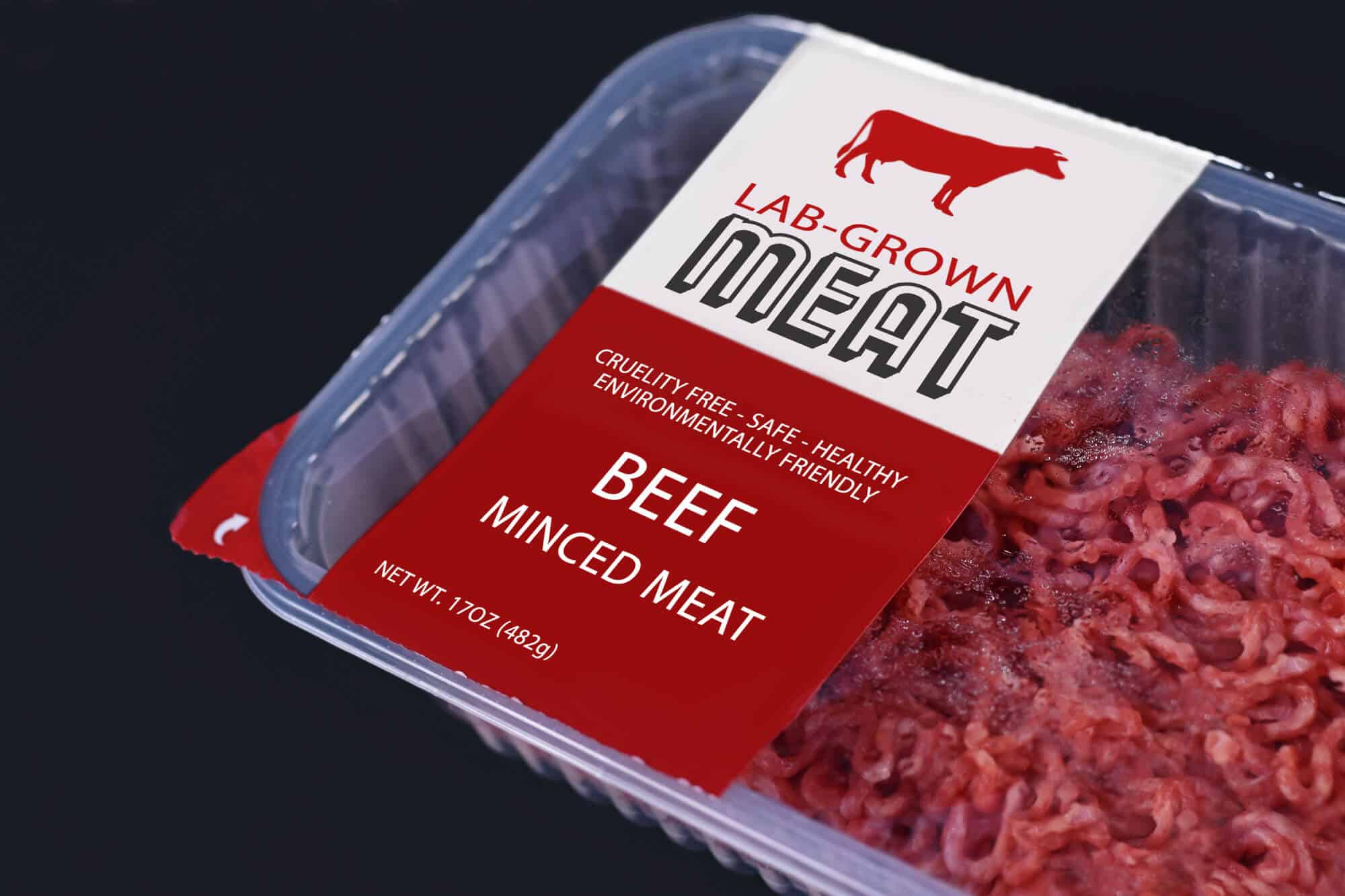Malawi has the highest rate of premature births in the world, but a study suggests a simple intervention with sugar-free chewing gum can reduce the problem
Health
3 February 2022
By Clare Wilson
Chewing gum Imaginechina Limited / Alamy Stock Photo
Chewing sugar-free gum twice a day during pregnancy is linked with a lower rate of premature births, suggests a large trial in Malawi.
The effect seems to happen because the chewing gum reduces gum disease, which has previously been linked with a higher rate of preterm births.
The trial was carried out by Kjersti Aagaard at Texas Children’s Hospital and Baylor College of Medicine in Houston, Texas, and colleagues. Malawi was chosen as it has the highest rate of preterm births in the world. More than 10,000 pregnant women visiting health centres were asked to take part, with half given a jar of the gum at monthly health checks and advised to chew it for 10 minutes in the morning and evening, alongside receiving standard advice on looking after their teeth. The other half were only given the advice. Everyone also offered dental check-ups at the start of their participation in the study – at or before the 20th week of pregnancy – and at the end of their participation, four weeks after giving birth.
The preterm birth rate was 13 per cent in the gum-chewers, but 17 per cent in the comparison group. In another way of looking at the figures, for every 26 women who were given gum and advice, one preterm birth was prevented.
Women who were given chewing gum typically saw benefits in their oral health. Those who went to their dental checks had fewer signs of gum disease – such as bleeding and receding gums – at the end of their pregnancy compared with the women given only standard toothcare advice.
The explanation could be that in people with gum disease, harmful bacteria enter the bloodstream through bleeding gums and reach the placenta. The chewing gum contains the artificial sweetener xylitol, and previous work has found that xylitol reduces levels of the harmful mouth bacteria Streptococcus mutans.
The trial would need to be repeated in high-income countries before we could conclude chewing the gum is similarly beneficial during pregnancy there, says Aagaard. “All folks in all settings are interested in optimising both their pregnancy health and that of their children.”
The results were presented today at the US Society for Maternal-Fetal Medicine’s annual meeting.
Join us for a mind-blowing festival of ideas and experiences. New Scientist Live is going hybrid, with a live in-person event in Manchester, UK, that you can also enjoy from the comfort of your own home, from 12 to 14 March 2022. Find out more.
More on these topics:
Note: This article have been indexed to our site. We do not claim legitimacy, ownership or copyright of any of the content above. To see the article at original source Click Here












